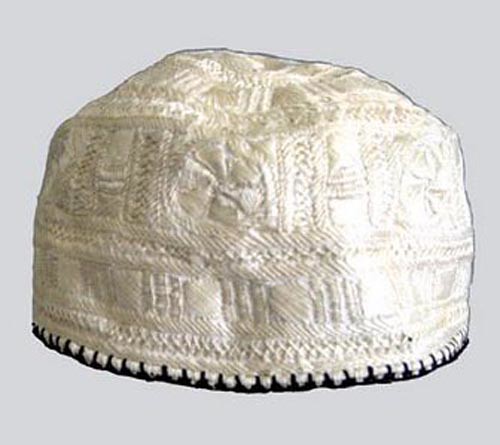The “too-big-to-fail” banks brought the world economy within hours of utter collapse in September 2008 through a chain reaction of insolvency and counter-party risk. The fuse was lit, only to be serially and temporarily retarded by massive government infusions of taxpayer money approximating the size of our entire GDP. A prudent response would have been to dismantle any risk-taking institution that might be considered to be “too big to fail” in any future scenario, to create a more distributed (not all eggs in one basket), and more robust system that could easily withstand isolated failures. This was not done. In fact, just the opposite occurred. The banks took the massive infusions of cash and became even fewer, bigger, and more prone to systemic failure.
Goldman Sachs:
“We consider our size an asset that we try hard to preserve.”
Or as Lloyd Blankfein might say: We embiggen ourselves!
Simon Johnson explains the “logic” and purpose of becoming “even bigger and failer” after the first near total collapse of the global economy:
As John Cochrane, a University of Chicago professor and frequent contributor to the Wall Street Journal puts it, “The incentive for the banks is to be as big, as systemically dangerous as possible.”
This is how big banks ensure they will be bailed out.
Financial terrorism using the threat of a “financial weapons of mass destruction” is a feature, not a bug. Holding Americans (and the rest of the world) hostage to financial terrorism is a feature that the Obama administration clearly supports by inviting the perpetrators of financial terrorism into key posts in the White House. Try crashing those gates, Kos! You might need some help from non-Democrats.
The Federal Reserve is fully committed to Wall Street, as well. Fueling asset speculation by giving cheap (to the banks) taxpayer-backed money to the rich, while not one of its two mandates (of full employment and price stability) is now the Fed’s primary goal. The Fed has abandoned its mandates of full employment and price stability in favor of letting the rich get richer by gambling with our money.
This comment (from the previous link) explains the Fed’s strategy:
The Fed agenda is quite simple: fuel asset speculation in the hope of provoking a price inflation that will validate outstanding debt. Why can’t this work? Because the debt is owed by wage earners whose incomes are undermined by globalization.
Of course, as the comment implies, a lot of the speculation is being done in emerging markets overseas (draining away productive capacity and jobs at home) and in commodities, such as food and fuel, making everyday living ever more painful for 90% of us, while the lugals save their own bacon and embiggen themselves.
Don’t expect home prices to rise or even stabilize, even after 50-some-odd straight months of housing price declines. We’re still a long way from rock bottom. Of course, it’s not just the wage earners whose assets are impaired. The government and all of its government-sponsored entities, including the six largest banks and Fannie and Freddie, will simply be the last to fold.
The real economy, including the surplus eaters (you and I), can literally drop dead. Now.










